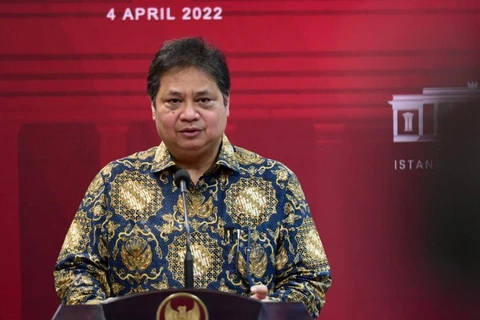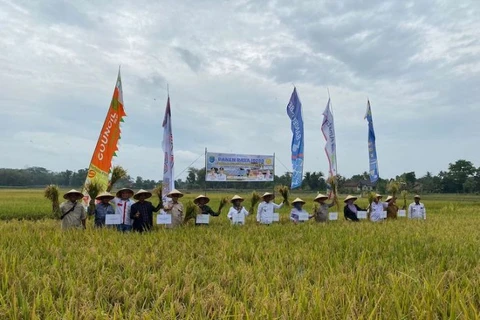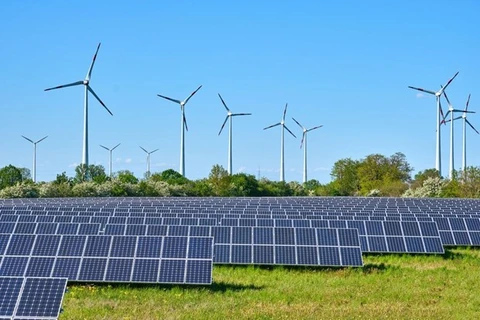Jakarta (VNA) – The National Development Planning Agency (Bappenas) of Indonesia is targeting to add 1.8 million workers to the green economy sector by 2030, spreading across energy, electric vehicles, land restoration, and waste treatment.
Bappenas announced the target at the 3rd G20 Development Working Group (DWG) Side Event entitled "Towards Implementation and Beyond: Measuring the Progress of Low Carbon and Green Economy" in Nusa Dua, Bali, on August 9.
Arifin Rudiyanto – senior expert of Bappenas - said the government will make the Green Economy Index one of the macro development targets, and include it in the mid-term and long-term national development planning documents.
According to the Green Economy Index (GEI) report, efforts to transition to a green economy can provide various benefits for Indonesia, including average gross domestic product (GDP) growth of 6.1–6.5% per year until 2050; and reducing 87–96 billion tonnes of greenhouse gas emissions during 2021–2060, and a 68%-reduction in emissions intensity by 2045.
In addition, the country’s Gross National Income (GNP) is expected to expand 25–34%, or equivalent to 13,890–14,975 USD per capita by 2045.
Efforts to transition to a green economy could also help Indonesia increase the area of mangrove forests to 3.6 million ha by 2060, Arifin said./.

Indonesia may lose more than 36.6 billion USD due to climate change
Without the right policies, climate change could cause potential economic damage of up to 544 trillion rupiah (more than 36.6 billion USD) for Indonesia in the 2020 – 2024 period, according to the country’s Ministry of National Development Planning (Bappenas).
























